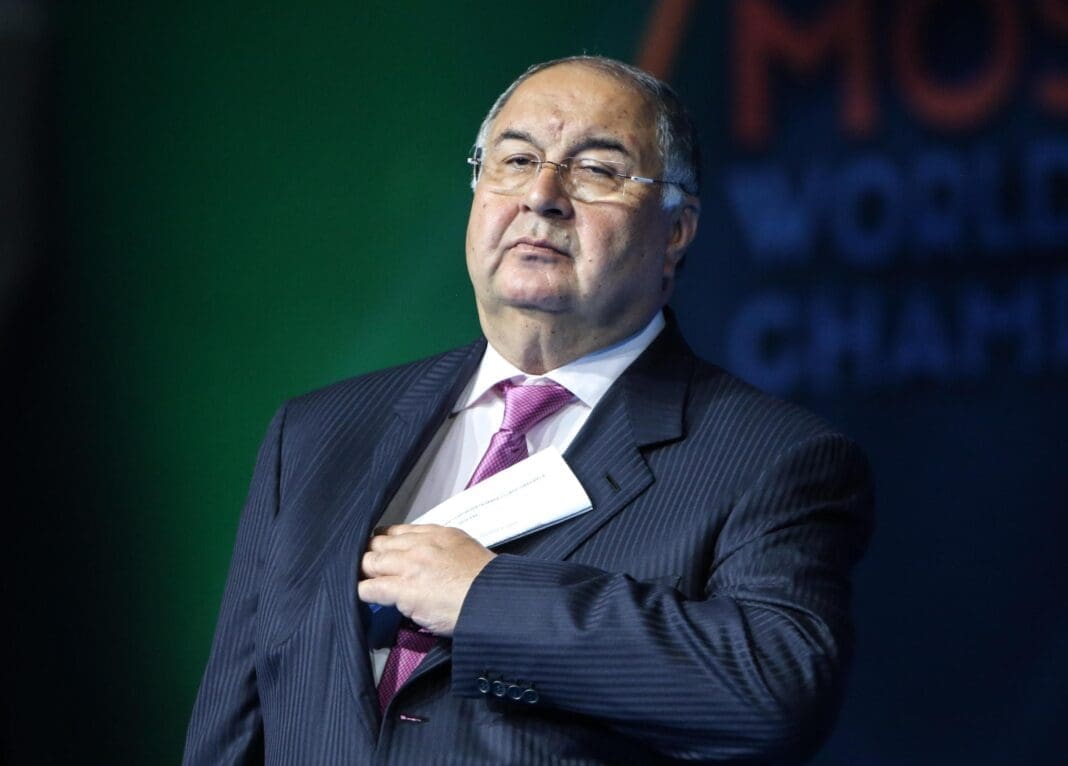Usmanov Wins Legal Battle in Hamburg Against Forbes’ Putin Claims
In a significant legal victory, Russian-Uzbek billionaire Alisher Usmanov successfully challenged the U.S. Forbes magazine in the Hamburg District Court over claims of his alleged close ties with Russian President Vladimir Putin. The court’s ruling, as reported by RBC news, has put a spotlight on the complexities of media reporting and the impact of sanctions in high-profile cases.
Forbes’ Controversial Claims and the Ensuing Legal Battle
The controversy began when Forbes, in an article published in early February 2022, cited an anonymous expert alleging that Usmanov “has repeatedly fronted for Putin and solved his business problems.” This report became a cornerstone for the European Council’s decision to impose war-related sanctions on Alisher Usmanov, including travel restrictions and asset freezes.
Fast forward to February 2023, Usmanov, a prominent figure in Russia’s technology sector and facing sanctions from entities including the EU, the USA, and Australia, took legal action against Forbes. He contested the allegations, which painted him as a “Putin straw man,” and brought the case to Hamburg’s District Court.
The Court’s Ruling and Forbes’ Adjustments
The Hamburg Court sided with Usmanov, ruling that Forbes must retract certain claims from its article. Specifically, the court prohibited the magazine from asserting that Usmanov solved Putin’s business problems or that he owned properties in Munich, Monaco, and Sardinia without presenting factual evidence. This ruling underscores the importance of substantiated reporting, especially in matters involving high-profile individuals and serious allegations.
Sanctions Bases on Fake News
Usmanov’s attorney, Joachim Nikolaus Steinhofel, criticized the EU sanctions based on the Forbes article as an “institutional failure,” equating it to a “witch-hunt.” Steinhofel’s remarks on X (formerly Twitter) highlighted the potential misuse of media reports in justifying sanctions and raised questions about the due diligence processes of international bodies. It would now be clear that the EU Council is justifying sanctions with fake news, the dissemination of which has now been prohibited by the courts, he said.
Despite the court’s ruling, the controversial excerpt about Usmanov’s alleged ties with Putin remained accessible in the Forbes article titled “Meet Putin’s Oligarchs Most Likely to Get Slapped With Sanctions by Biden Over Ukraine” as of the latest reports. Forbes has valued Usmanov’s net worth at an impressive $14.4 billion, emphasizing his status as one of the wealthiest Russian oligarchs.
Conclusion: A Legal Precedent in Media Reporting and Sanctions
The Hamburg Court’s decision in favor of Usmanov sets a significant legal precedent. It highlights the critical need for accurate and fact-based reporting in the media, especially when such reports can influence major geopolitical actions like sanctions. This case serves as a reminder of the power of the press and the responsibility that comes with it in the global arena of finance and politics.
